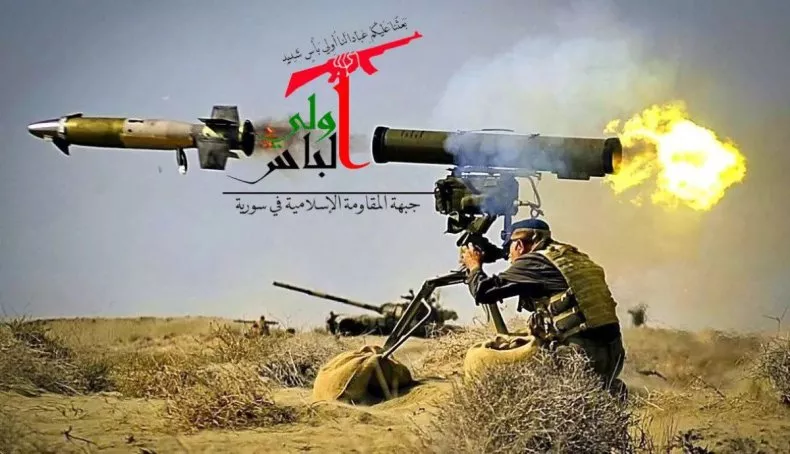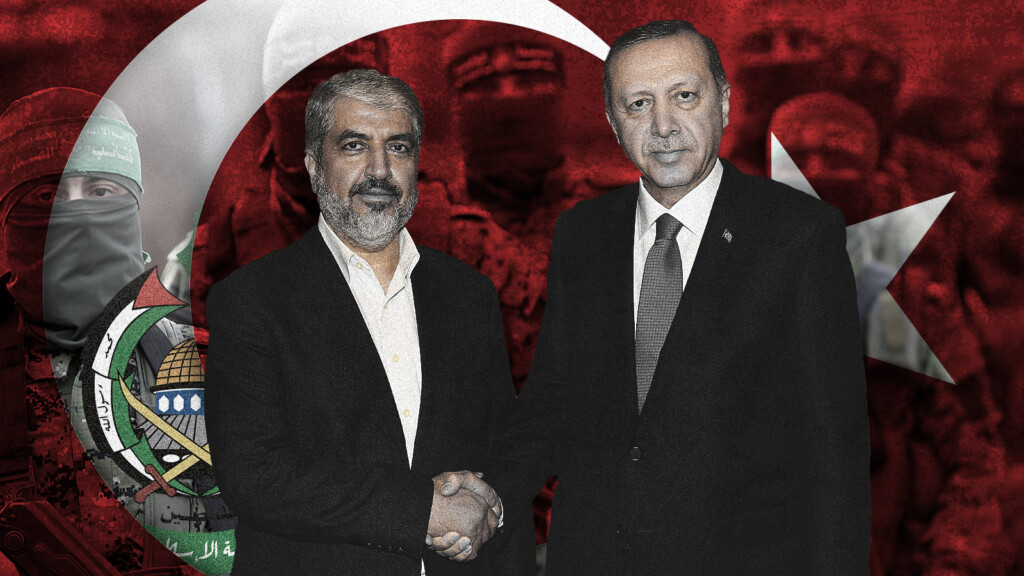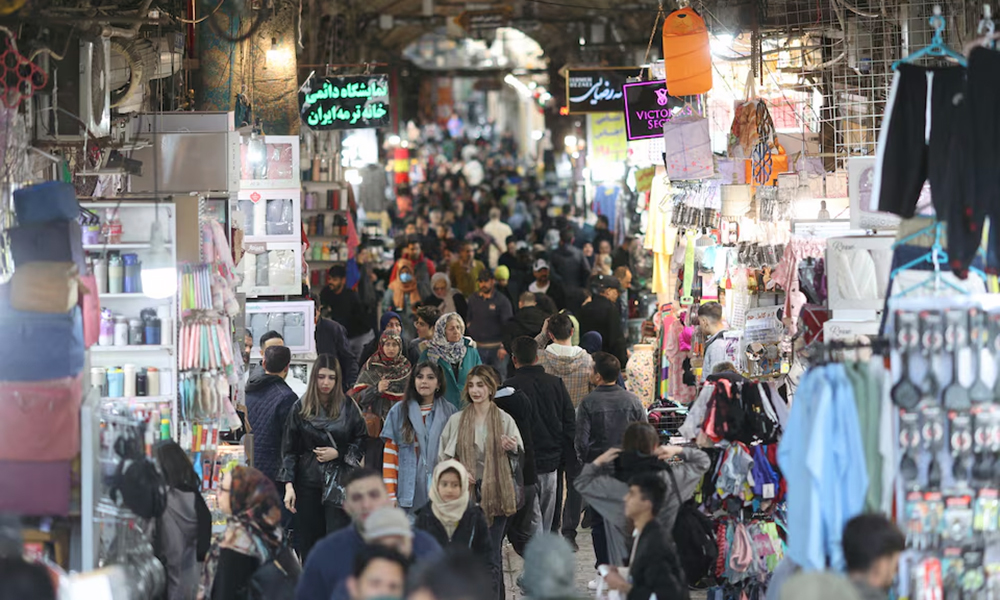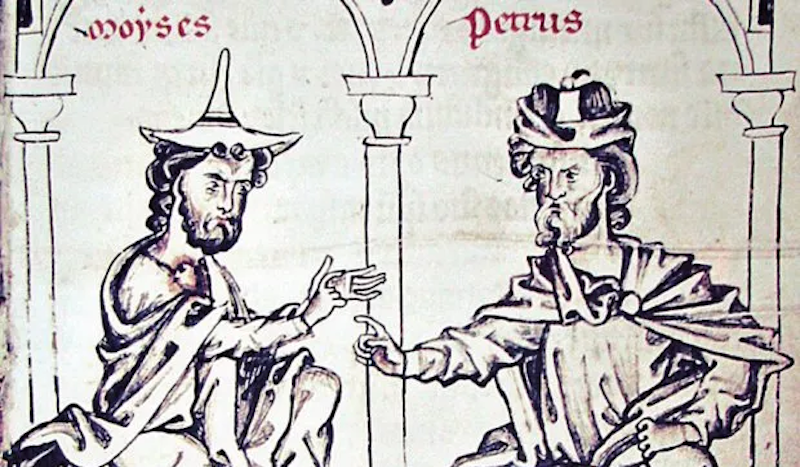Syria’s Uncertain New Order
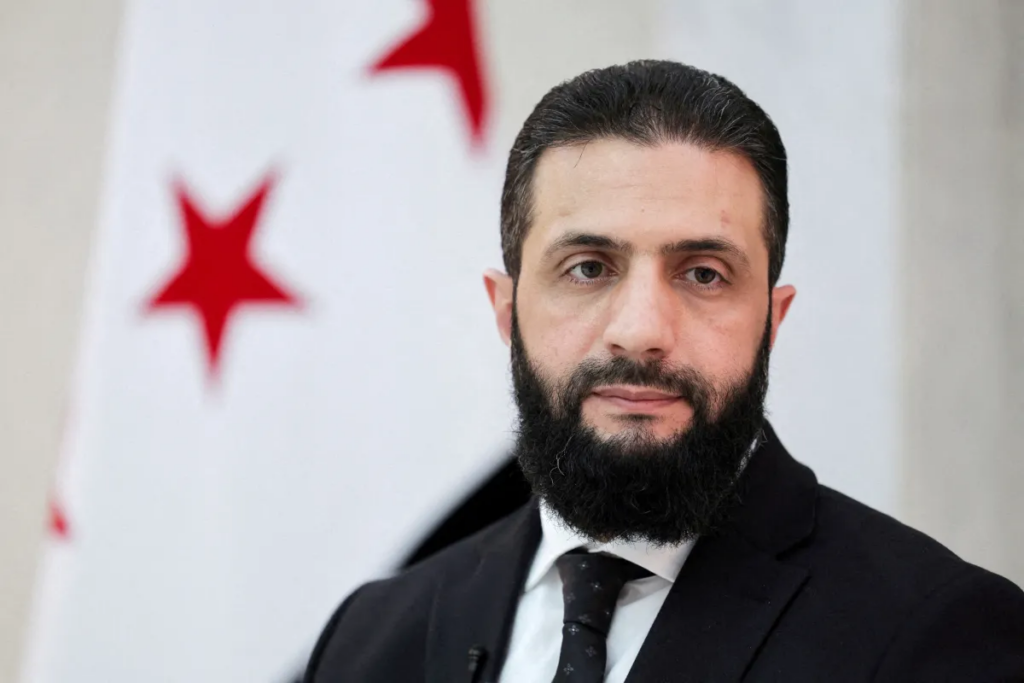
Can Shara’s Government Unite a Country Ready to Explode?
In late March, Ahmad al-Shara, Syria’s new leader, introduced a caretaker government that would supervise the country’s transition from five decades of dictatorial rule. He gave some cabinet positions to figures outside his Islamist milieu, including naming a Christian woman minister of social affairs, a Kurdish official minister of education, a Druze minister for agriculture, and an Alawite minister for transport. Those appointments reflect the pressure Shara is under to demonstrate to Arab and Western governments—and to the Syrian people—that he can build an inclusive government that represents the country’s religious and ethnic minorities. It is a challenge made all the harder by an eruption of bloodshed in March in which fighters affiliated with Shara’s government (but not under its direction) targeted minority Alawites in the west of the country, killing hundreds.

